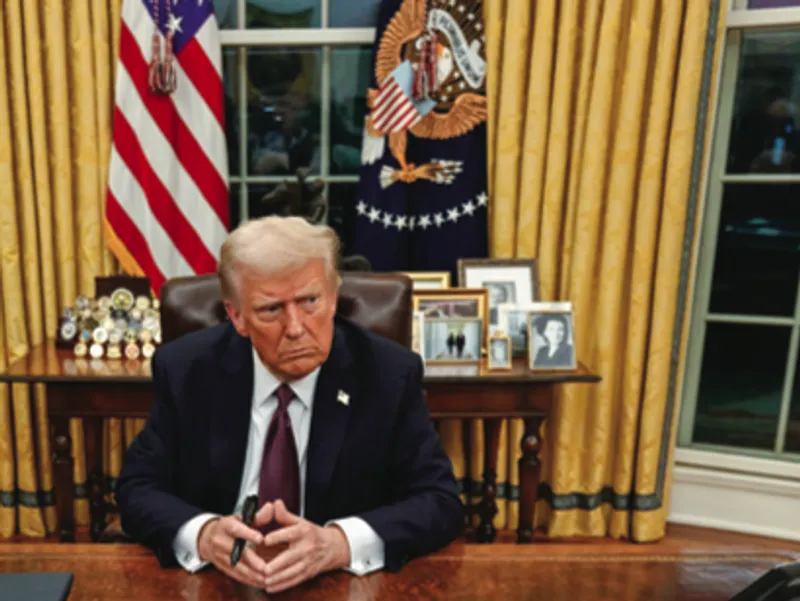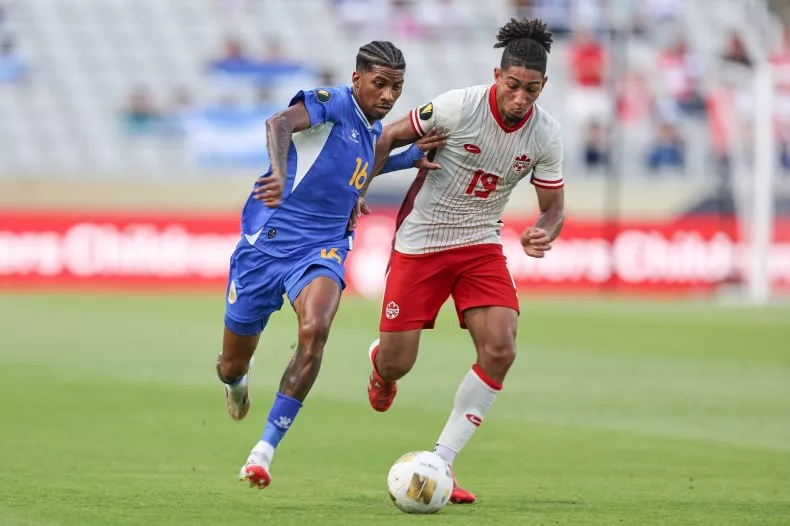Trump Delays Iran Strike Decision, Signals Diplomatic Opening Amid Escalating Conflict
Amid escalating tensions with Iran, President Trump delays military action, signaling a potential diplomatic opening. Explore the implications of this shift in U.S. strategy and its impact on global security.

Trump Delays Iran Strike Decision, Signals Diplomatic Opening Amid Escalating Conflict
Introduction
In a significant turn of events, President Donald Trump has decided to delay a decision on military strikes against Iran, signaling a potential diplomatic opening amidst rising tensions in the region. This comes at a time when the United States has been on the verge of military escalation with Iran, a situation that has been exacerbated by the ongoing conflict and strained relations. The decision to delay action has captured global attention, raising questions about the future direction of U.S.-Iran relations, the role of diplomacy, and the potential consequences of further military intervention.
Background: Escalating Tensions with Iran
The escalation of tensions between the United States and Iran has been building for months. Following the U.S. withdrawal from the Iran Nuclear Deal in 2018, diplomatic relations have been tense, with both sides engaging in provocative actions. Iran’s nuclear ambitions, its involvement in regional conflicts, and its support for proxy groups across the Middle East have fueled ongoing tensions with the U.S. and its allies.
In recent months, the situation has grown more dire, with incidents such as attacks on Saudi oil facilities and the downing of a U.S. drone by Iranian forces. These incidents have brought the two nations to the brink of direct military confrontation.
Trump’s Initial Response and the Delay
Initially, President Trump appeared to be heading toward military action in response to the heightened provocations. In June 2019, he authorized airstrikes against Iran’s missile sites, but at the last minute, he called off the operation, citing concerns over civilian casualties. This delay in military action was seen as a sign that Trump was weighing other options, including diplomatic negotiations.
Fast forward to the present, and the decision to delay further strikes signals a shift in U.S. strategy. In a series of statements, President Trump has signaled that he is open to diplomatic discussions with Iran. This marks a significant departure from previous hardline rhetoric, where military strikes seemed imminent.
Signaling a Diplomatic Opening
The decision to delay military action and signal openness to diplomacy has raised eyebrows within both U.S. and international circles. President Trump’s comments indicate that he is pursuing a more cautious approach, balancing the need to defend U.S. interests with the desire to avoid an all-out war. By signaling a potential diplomatic opening, Trump is leaving the door open for talks with Iranian leaders, something that has been off the table for some time.
The U.S. has long maintained that it is committed to preventing Iran from acquiring nuclear weapons, but there is a growing recognition that military force may not be the solution to the crisis. Diplomacy, while challenging, offers the possibility of de-escalating the situation and addressing broader issues such as Iran’s nuclear program, its involvement in regional conflicts, and its support for armed groups.
International Reactions to the Delay
The international community has responded with a mix of caution and hope. Many of the U.S.’s European allies, including France, Germany, and the UK, have been vocal about their concerns over the potential for war and have advocated for renewed diplomatic efforts. These nations have expressed support for the nuclear deal, urging both the U.S. and Iran to return to negotiations to avoid further destabilizing the region.
On the other hand, countries like Russia and China, who have close ties with Iran, have also pushed for diplomatic solutions and have criticized U.S. policies in the region. Russia, in particular, has emphasized the need for multilateral dialogue and a return to the 2015 nuclear deal, known as the Joint Comprehensive Plan of Action (JCPOA).
Iran, for its part, has expressed skepticism toward the U.S.’s diplomatic overtures. Tehran has repeatedly stated that it will not negotiate while facing the “maximum pressure” of U.S. sanctions. However, the delayed strike decision may offer a glimmer of hope for those who believe that dialogue remains the best path forward.
The Role of Diplomacy in U.S.-Iran Relations
The decision to delay military action highlights the ongoing struggle between the U.S.’s diplomatic and military options. While military strikes could potentially cripple Iran’s military infrastructure, they also risk causing significant civilian casualties and pushing both countries toward full-scale war. Diplomacy offers a way out of this dangerous cycle, but it requires both sides to make significant concessions.
For President Trump, the challenge will be maintaining domestic and international support while seeking a diplomatic solution. His administration has been heavily criticized for its “maximum pressure” campaign on Iran, which has led to severe economic sanctions and heightened tensions. However, as the U.S. faces growing calls for restraint and diplomatic engagement, the administration may be forced to shift its approach.
The Path Ahead: What’s Next for U.S.-Iran Relations?
As the situation continues to unfold, the next steps will be crucial in determining the future of U.S.-Iran relations. Trump’s decision to delay military action and signal a diplomatic opening raises hopes for a de-escalation of the conflict, but the path to meaningful talks remains fraught with obstacles.
Diplomatic efforts could take various forms, from direct negotiations between the U.S. and Iran to multilateral talks involving European nations, Russia, and China. Any potential deal will need to address a wide range of issues, including Iran’s nuclear program, its support for regional proxy groups, and the lifting of U.S. sanctions.
However, as history has shown, negotiations with Iran are never straightforward. Both sides will need to make difficult compromises, and the outcome is far from certain. What is clear, however, is that President Trump’s decision to delay military action has opened the door for diplomatic engagement — and that could be the first step toward a more peaceful resolution.
Conclusion
The delay in military action against Iran and the potential for diplomatic negotiations signals a pivotal moment in the ongoing U.S.-Iran conflict. While tensions remain high, the opening for diplomacy offers a chance for de-escalation and a more constructive path forward. As President Trump continues to weigh his options, the international community will be watching closely to see if diplomacy can succeed where military force has failed.
The situation remains fluid, but one thing is certain: the U.S. and Iran stand at a crossroads, and the decision made in the coming weeks will have profound implications for the future of the Middle East and global security.
What's Your Reaction?
 Like
1
Like
1
 Dislike
0
Dislike
0
 Love
0
Love
0
 Funny
0
Funny
0
 Angry
0
Angry
0
 Sad
0
Sad
0
 Wow
0
Wow
0




































































